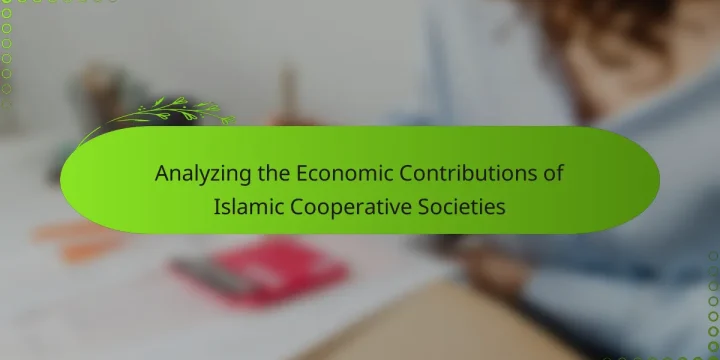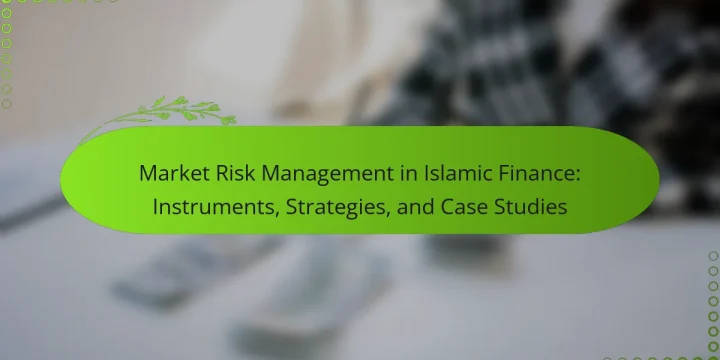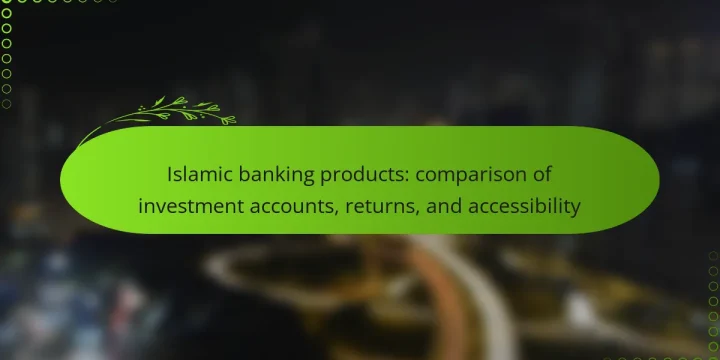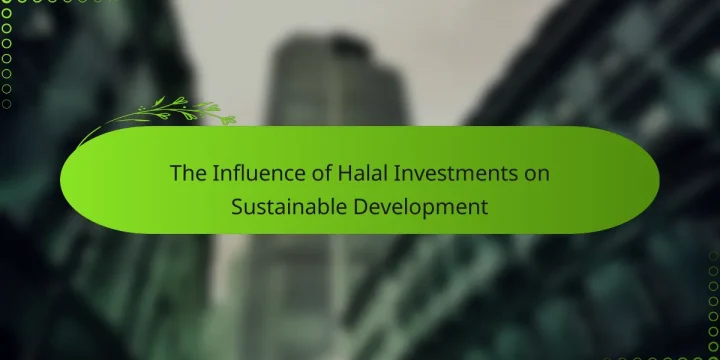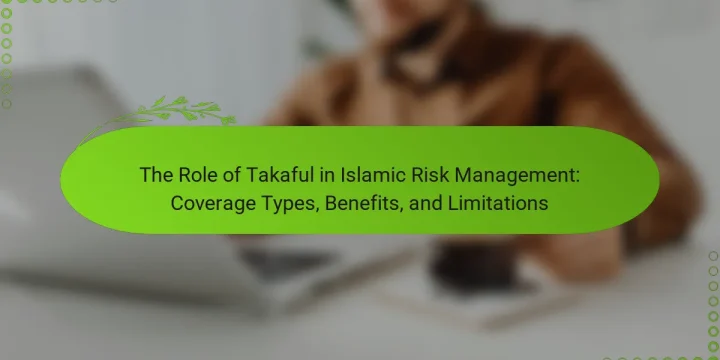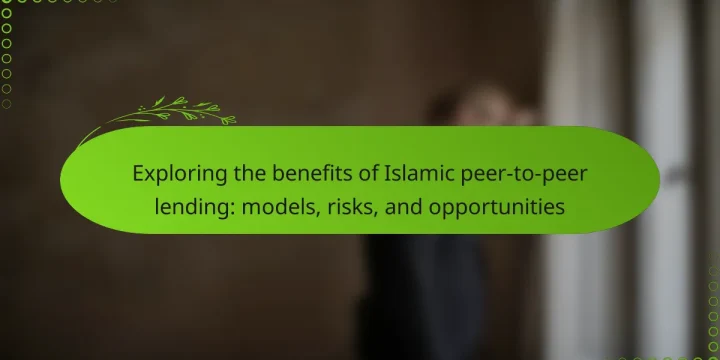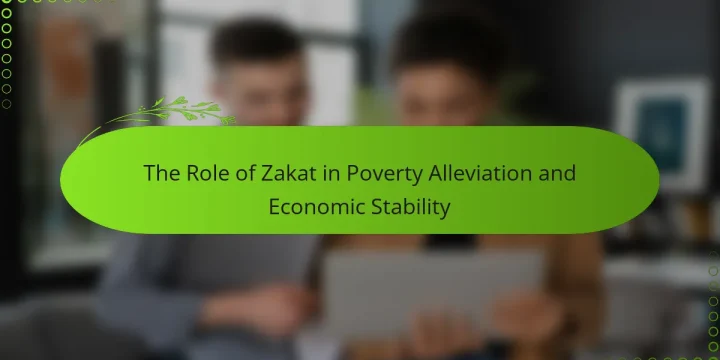
Welcome to New Horizon: Your Portal to Islamic Finance
At New Horizon Islamic Banking, we are thrilled to welcome you to a world of insight and knowledge dedicated exclusively to Islamic finance. Our mission is to provide you with the latest trends, expert analysis, and valuable resources that empower you to navigate the fascinating realm of Sharia-compliant finance. Whether you are a seasoned professional, a student, or simply curious about Islamic banking, our magazine offers something for everyone.
Explore an array of topics that delve into the principles of Islamic finance, innovative products, and ethical investment strategies. We believe that financial literacy in this specialized field can open up new horizons for individuals and businesses alike. Join our community, stay informed, and enhance your understanding of how Islamic finance is transforming the global economic landscape.
Explore Our Key Features
- In-depth Articles and Research Papers
- Expert Interviews and Opinions
- Case Studies on Successful Islamic Financial Institutions
- Latest News and Trends in Islamic Finance
- Guides to Islamic Banking Products and Services

